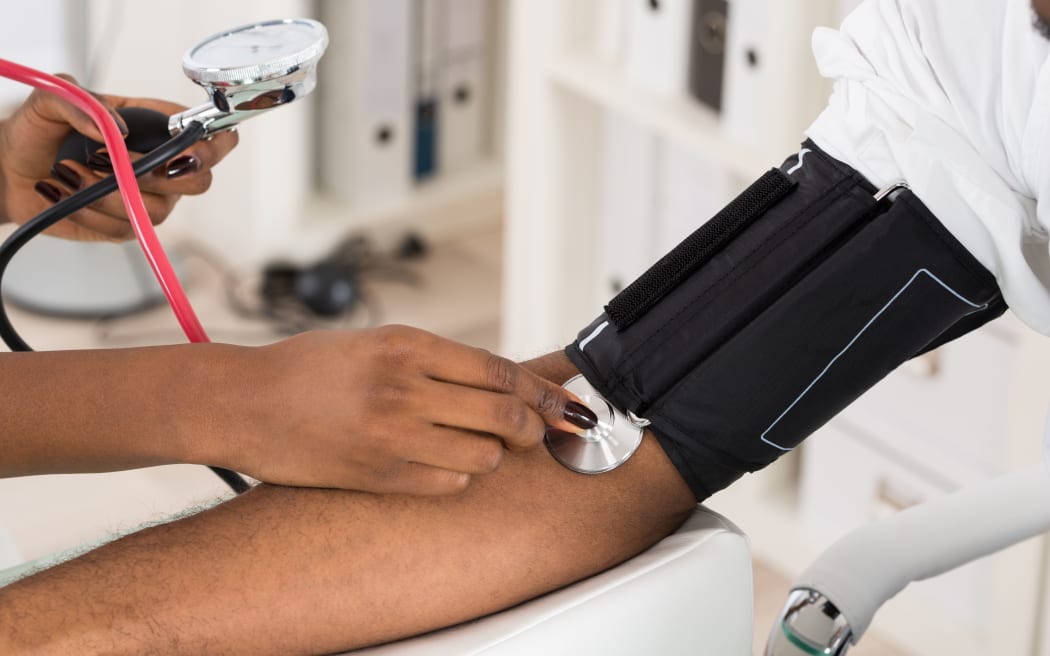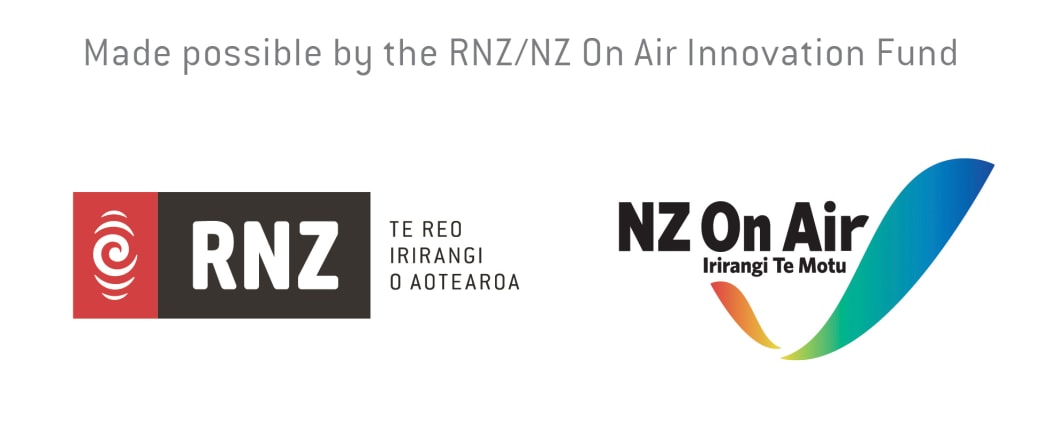A watershed Waitangi Tribunal report backs claims the system is racist, finding the Crown has breached the Treaty in failing to give Māori control over a primary health system that works for them.

Photo: Andrey Popov 123RF
The Waitangi Tribunal report into inequities in health for Māori has found the Crown has breached the Treaty by failing to give Māori control over a primary health system that works for them.
It says the system is racist, Māori health is a humanitarian crisis, the government has failed Māori, and it should apologise.
Māori want their own independent health agency to address some pretty horrific statistics – they live shorter lives by seven years compared to non-Māori, are twice as likely to face discrimination in health, are less likely to be referred for diagnostic tests, children are over 2.5 times as likely to have unfilled prescriptions because of cost, and Māori are more than twice as likely to die from preventable diseases.
Ngā Mataapuna Oranga in the Bay of Plenty is part of a group of primary health organisations that made a claim to the tribunal. But their first claim was made 13 years ago. Nothing was done, and since then things have got worse.
The organisation serves about 20,000 people with health, education, community and social services.
Head Janice Kuka has been working in health for 30 years - she's seen a lot of racism.
She cites as an example the way Māori men are being managed with gout – being put on pain relief rather than being put on a management plan such as allopurinol.
There was hope at the start of the 2000s that the situation would improve, with the establishment of primary health organisations. But that failed.
“Our struggle became even more difficult,” Kuka says, “so we had to find ways to keep our clinic sustainable, which is not easy when you’re dealing with increasing costs.” Many of their workers went to work at the DHBs, which were paying their nurses more. “And it’s still going on now – that’s why the Māori nurses also took a claim around inequalities.
“We’ve been asking for many years now for the funding formula to be looked at to consider the chronic poor health of Māori.”
As for the Tribunal’s findings –
“I would say any hope now would have to be cautious. But cautious hope is something - and it makes very clear what must happen next,” she says.
The Tribunal wants the Crown and claimants to report back to it in January 2020 on progress, saying the Crown should fund this process. The timing is critical here as it also allows whatever comes out of this exploratory phase by the claimants and the Crown to feed into the Health and Disability System Review, led by Heather Simpson, which is due to report to government next year.

Photo: RNZ

